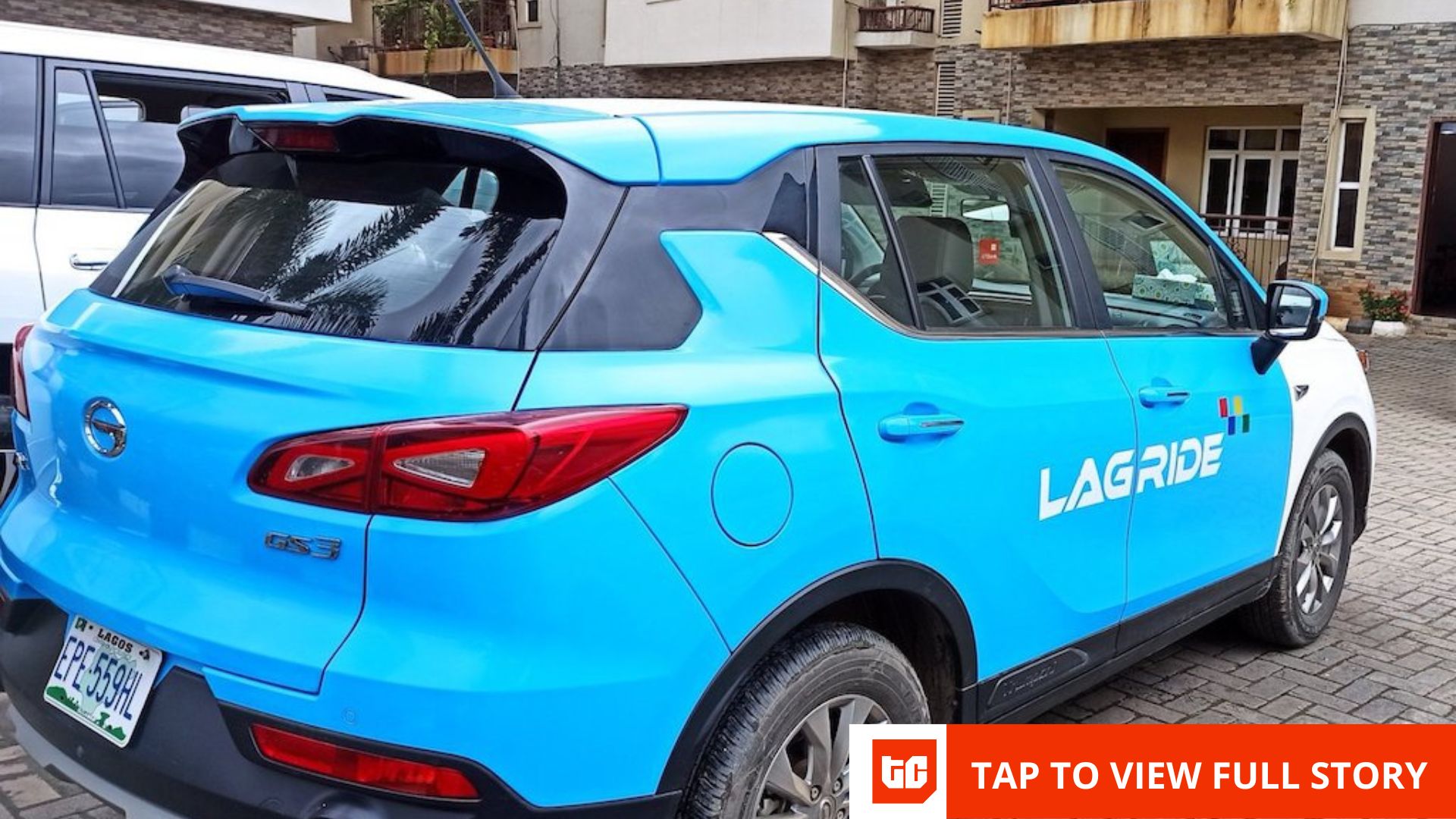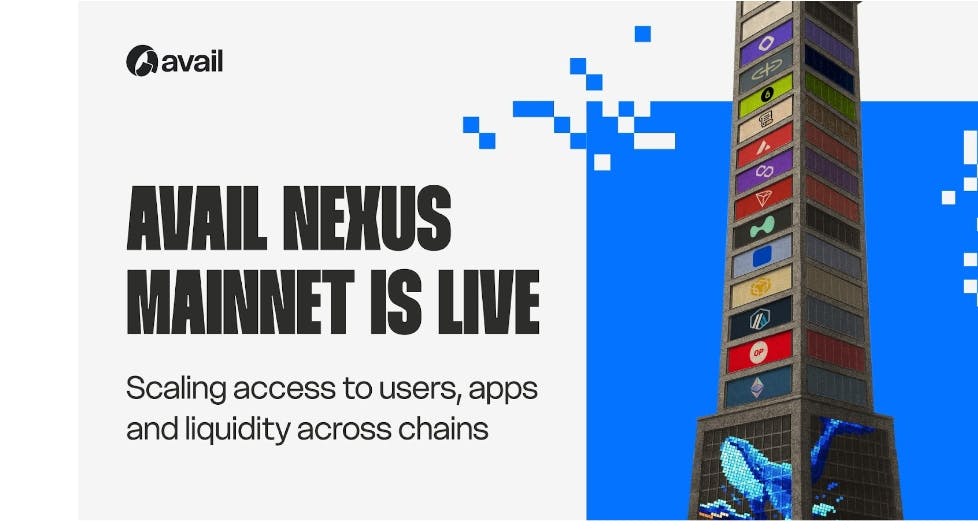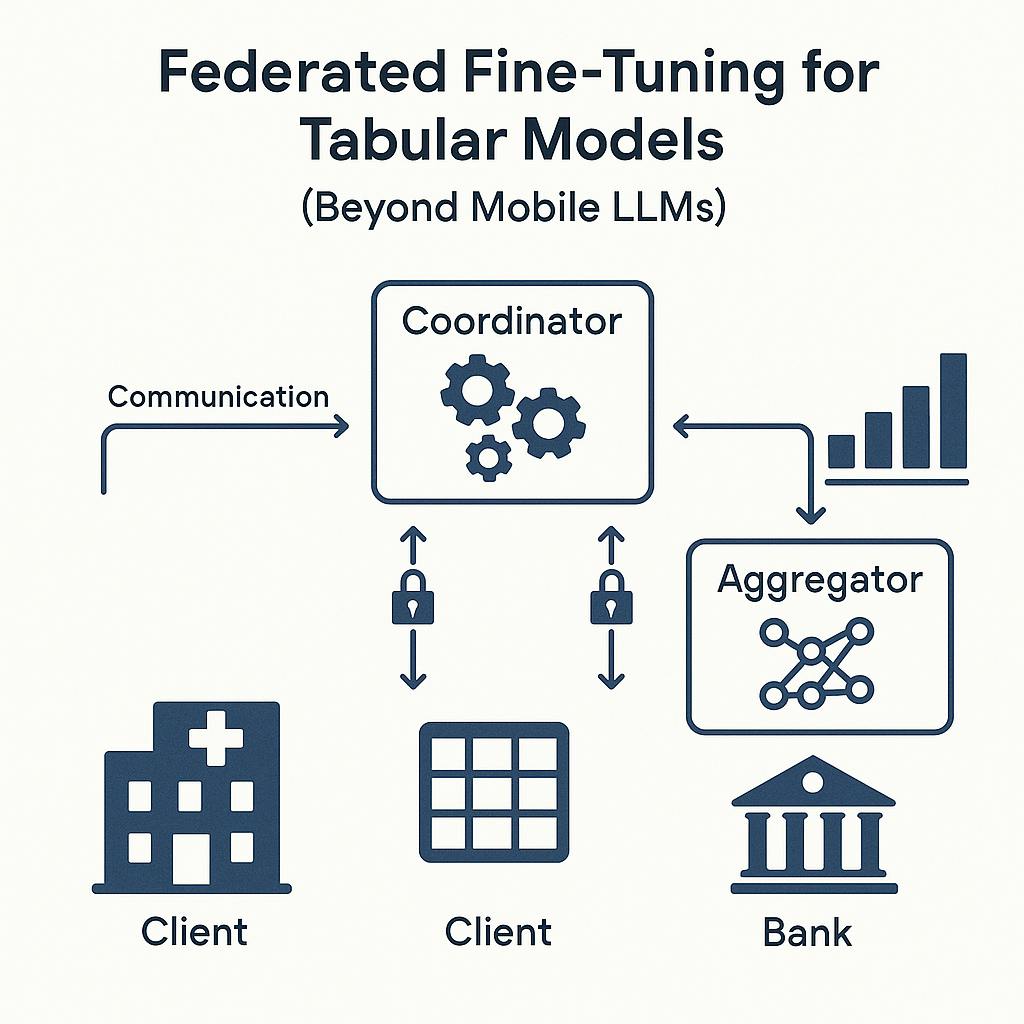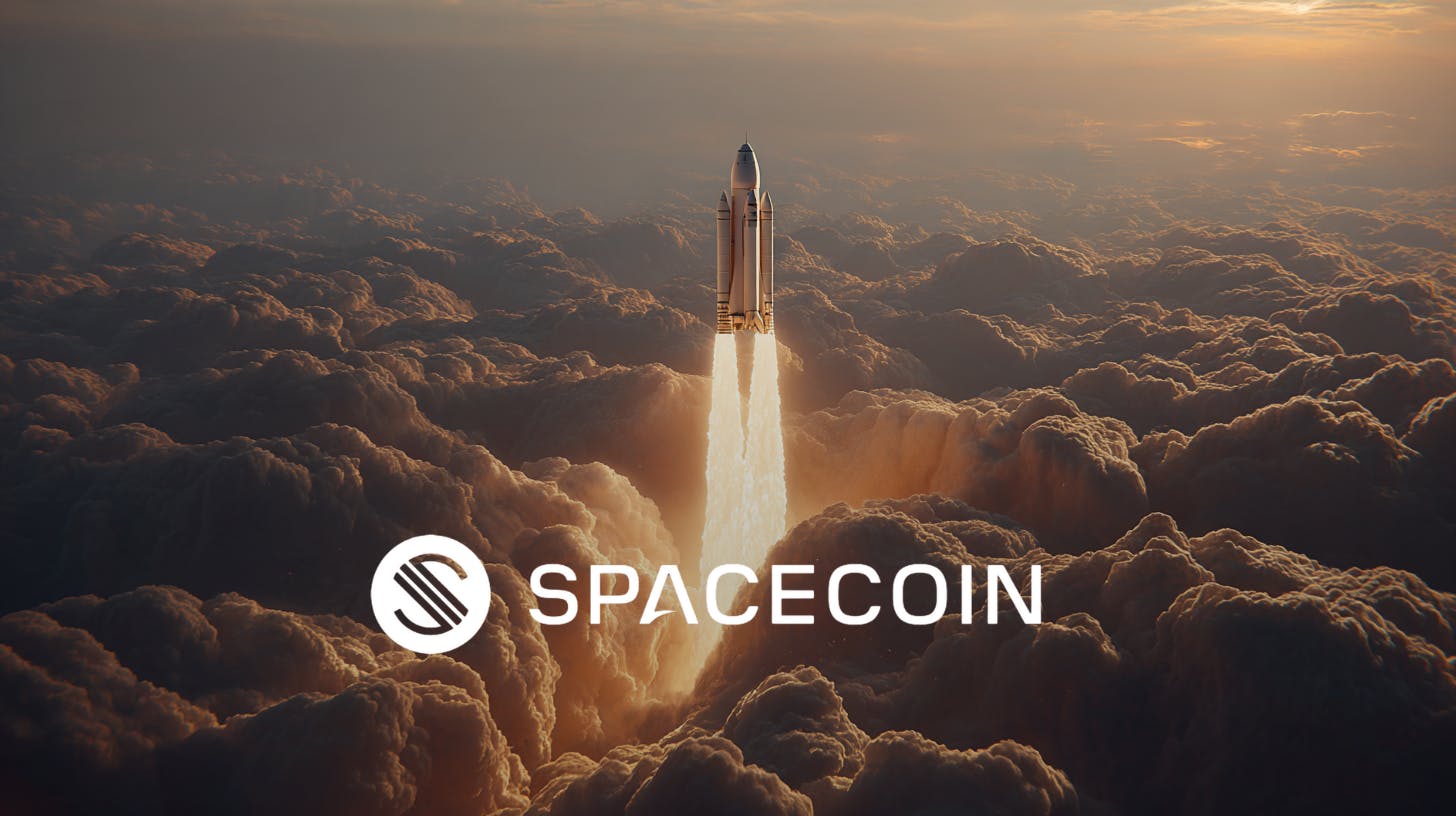Nigeria’s Minister of Communications, Innovation, and Digital Economy, Dr. Bosun Tijani, is making moves to match his recent TIME100 AI recognition. Over the weekend at the UN General Assembly in New York, he unveiled N-ATLAS, an AI model that can speak, understand, and write Yoruba, Hausa, Igbo, and Nigerian English.
The model is designed as a foundation model for a broad range of applications: helping call centers understand Nigerian accents, developing digital services for government offices in different languages, and improving local research in the AI space.
Why does it matter? Global AI tools like ChatGPT and Gemini still struggle when it comes to African languages and contexts, mostly due to scarce training data.
Rather than wait for Google or OpenAI to catch up, Nigeria built its own. To develop N-ATLAS, the government partnered with Awarri, a local tech company, to gather voice and text data across all six geopolitical zones. The project could play a big role in preserving local languages and culture as AI adoption accelerates.
Zoom out: N-ATLAS could be an important foundation for powering inclusive AI solutions tailored to Nigeria’s unique contexts, but more support is needed to make sure it can move from just a foundation to a practical tool. Nigerian developers and researchers are still unable to make significant progress in the AI space because of limited access to the compute infrastructure needed to build AI solutions. For Nigeria to truly lead in inclusive AI, government investment will need to go beyond announcements and into making infrastructure widely accessible.












